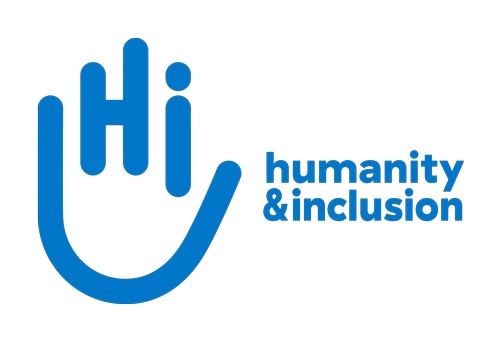MIW Projects
Presentation
Some projects use the Making It Work methodology as a basis rather than as a component.
This means that these projects follow the MIW process from the start, with the creation of a multi-stakeholders committee, the documentation of good practices, and the implementation of actions for change, while always ensuring that persons with disabilities are empowered by being at the center of the process.
MIW Gender & Disability project

The MIW project on gender and disability is a very participatory project that gathers various ideas, works and opinions from different people and regions. It highlights the work and potential of country level advocates actions in the field of gender and disability.
This project specifically acknowledges the vulnerability of women and girls with disabilities to gender and disability-based violence and the lack of documented good practices on inclusive responses and their strengths to address it. On this ground, the MIW Gender and Disability project seeks to increase the visibility of women and girls with disabilities within international development, human rights, gender and humanitarian action to ensure that their voices and concerns are heard on how to respond to violence, abuse and exploitation throughout the world.
To access a short presentation of this project, please download the brief below, available in English, French, Spanish, Portuguese and Arabic. It is also available in easy-to-read format.
- Phase 1 (completed)
The first phase of the project was based on an international call for good practices on the elimination, prevention of and response to violence, abuse and exploitation of women and girls with disabilities. With the support of a Technical Advisory Committee (TAC), Handicap International documented, analyzed and selected 11 good practices across the world, carried out by women with or without disabilities. These country level advocates are since being supported to voice the experiences and concerns of women and girls with disabilities within international programmes and policies through local good practices.
All these good practices have been compiled in a report available in English and Spanish (a summary is available in French):
- Phase 2 (in progress)
The second phase of this project aims at
- Strengthening national advocacy on violence against and discrimination against women and girls with disabilities in the countries identified through the first good practices call;
- Globally reinforcing the linkages between women's organization and DPOs to reduce the invisibility of discrimination and violence against women and girls with disabilities;
- Using the expertise of all stakeholders involved to influence international treaty bodies into fighting discrimination and violence against women and girls with disabilities.
In these objectives, the country level advocates identified during phase 1 are involved in various empowering and capacity strengthening activities, in order to increase the impact of their practice.
A second call for good practices on the elimination, prevention of and response to violence, abuse and exploitation of women and girls with disabilities is also being organized, with a specific focus on the African region this time.
Copyright © 2025. All rights reserved.
